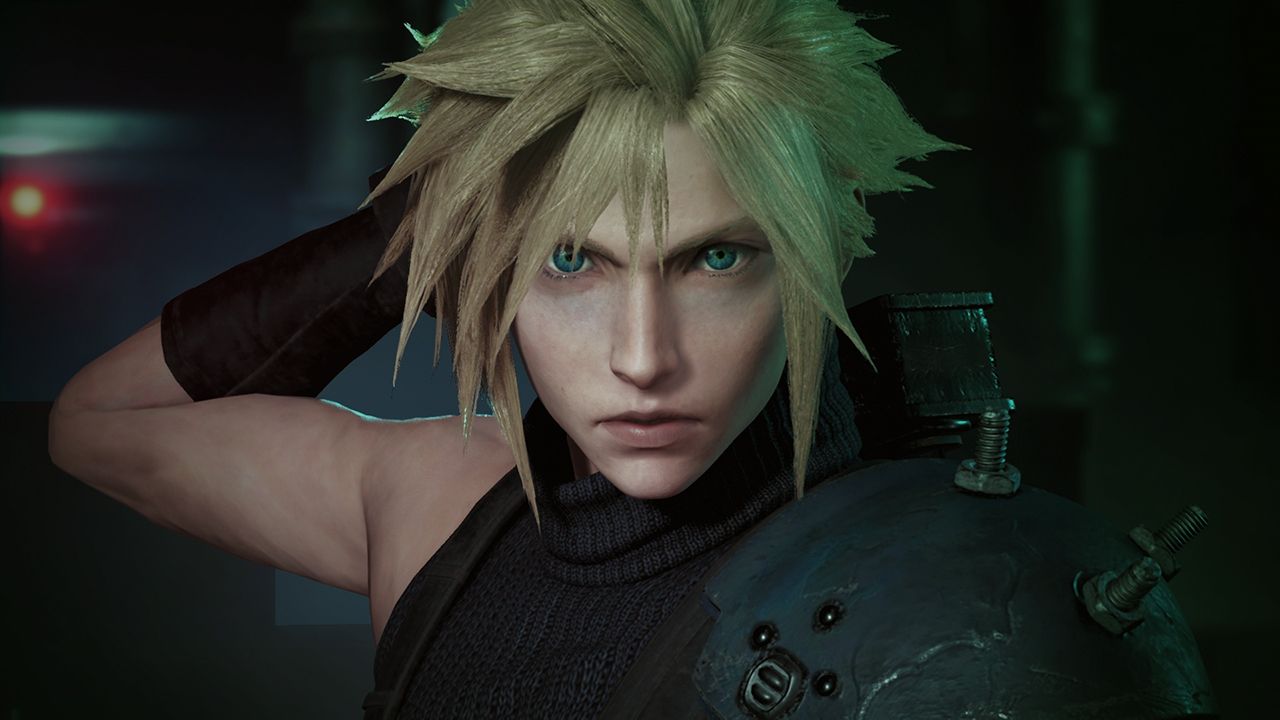Today's digital issue of MCV included an interesting interview with Square Enix CEO Yosuke Matsuda, as he talked about different aspects of the publisher's business.
First of all, he discussed sequels, mentioning a few examples that did not simply iterate on the experience but took an experimental approach. For instance, NieR: Automata is part of the NieR series, but it's completely different from the first game. A similar idea goes for the upcoming Left Alive, which is based on the Front Mission universe, but it's graphically more similar to Metal Gear, possibly increasing its appear in the west.
"It's something that we have to keep doing really, we have to keep making new games. With development teams being so much bigger than they used to be, it's not easy to create massive IPs at that level, but it's something that we have to keep trying to do otherwise things get staid."
Even games that have the same title don't need to always be the same, according to Matsuda-san.
"For Final Fantasy, it's a little bit different, they have numbers on them, but they're essentially all new IPs in their own way. Everything about them is different each time."
Matsuda-san also talked about the popular (among publishers) game as a service model. He feels that it does not apply as a blanket to every game, and it depends on the overall design of each individual title. That being said, he feels that people who have bought a game want to be able to enjoy it as long as possible. For that reason, it's "important and very vital" to add extra content after release to give players new things to enjoy.
That being said, he acknowledged that things are different between console and mobile games. People have different expectations and perceptions between the two categories, so they have to be looked at differently.
"The way that console games are made, the volume of content, and how much effort goes into them, there's something in that which doesn't fit in the mind with microtransactions."
On the other hand, Matsuda-san appears to be favorable to content additions, mentioning that even for big games (like Final Fantasy XV), the company still has to think how to enhance them, and how to let players share the experience with each other.

